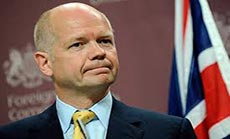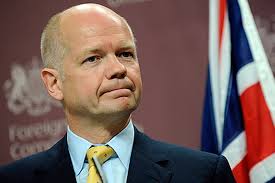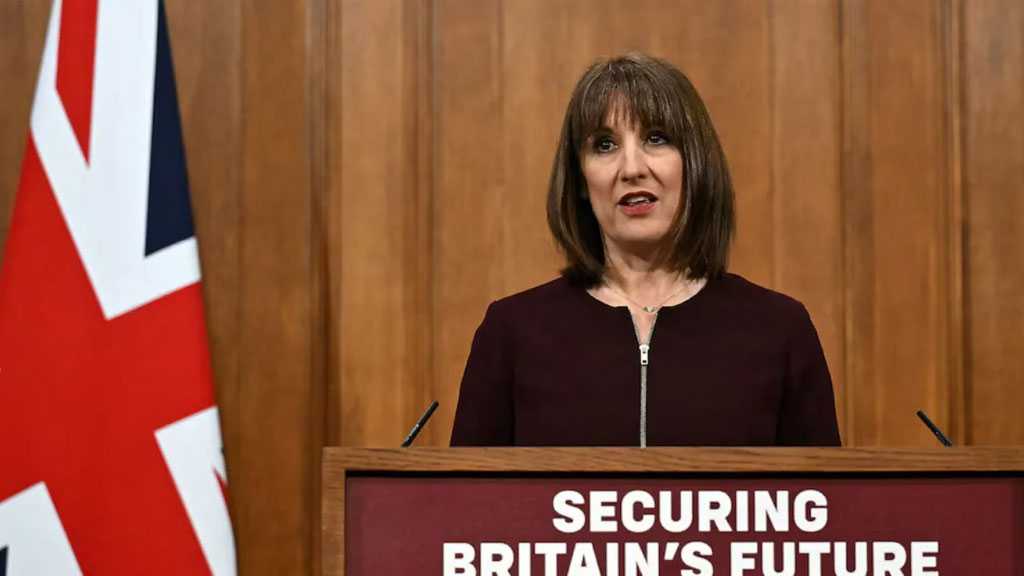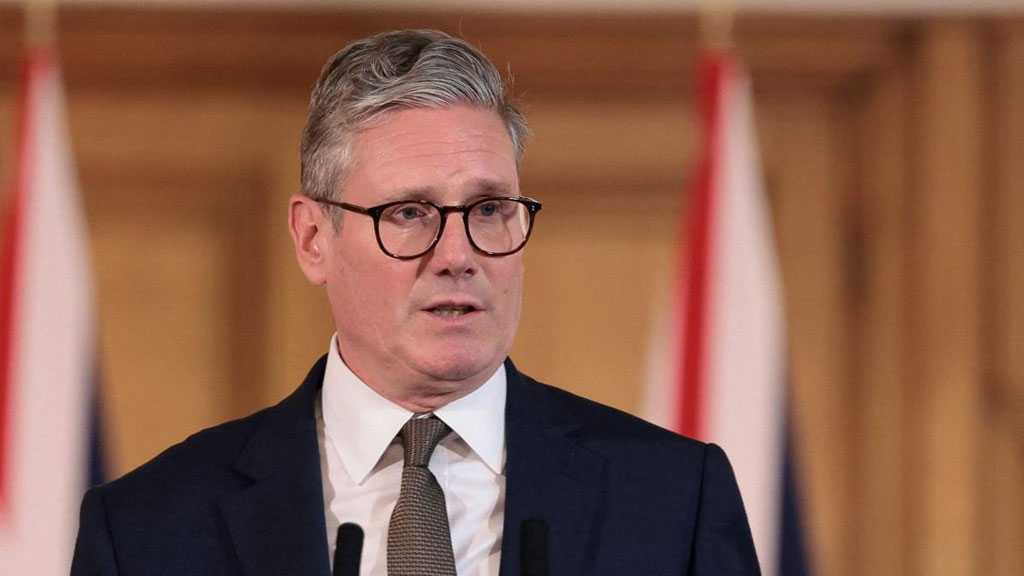
Hague Signals End to Political Life

Local Editor
William Hague's surprise resignation as Britain's foreign secretary is the latest twist in a political career that has seen soaring highs and deep lows.
 Now 53, Hague began as a prodigy who first caught public notice when he gave a rousing speech to a Conservative Party conference aged 16.
Now 53, Hague began as a prodigy who first caught public notice when he gave a rousing speech to a Conservative Party conference aged 16.
Speaking in his native flat Yorkshire accent, the fair-haired Hague drew hearty applause from then-opposition leader Margaret Thatcher as he spoke of how people "want to be free" from government interference.
Two decades later, he was to become the party's leader aged just 36.
But his task of rebuilding the party in the wake of a crushing defeat to Labor in the 1997 general election proved a humiliating struggle.
Hague's efforts to rebrand the Conservatives as a youthful, modern party brought ridicule in the press.
Despite witty appearances in parliament in which he mocked then-Prime Minister Tony Blair, Hague did not engage with the wider electorate.
He resigned as leader in 2001 after Labor scooped another crushing victory, leaving frontline politics to write biographies of historical figures.
His good humor and recognized wit has made him a popular after-dinner speaker, and he has appeared in a television satire.
Hague made a return to the forefront of politics when David Cameron won the Conservative leadership in 2005.
Named to be shadow foreign secretary as the Conservatives were in opposition, he won back the support of the party base with popular public speeches and confrontations with Labor in parliament.
By the time he was named foreign secretary after the 2010 election, Cameron had already described him as deputy leader in all but name.
Hague led negotiations to form a government with the Liberal Democrats, as the Conservative Party did not win enough seats to govern alone.
Source: News Agencies, Edited by website team
- Related News



